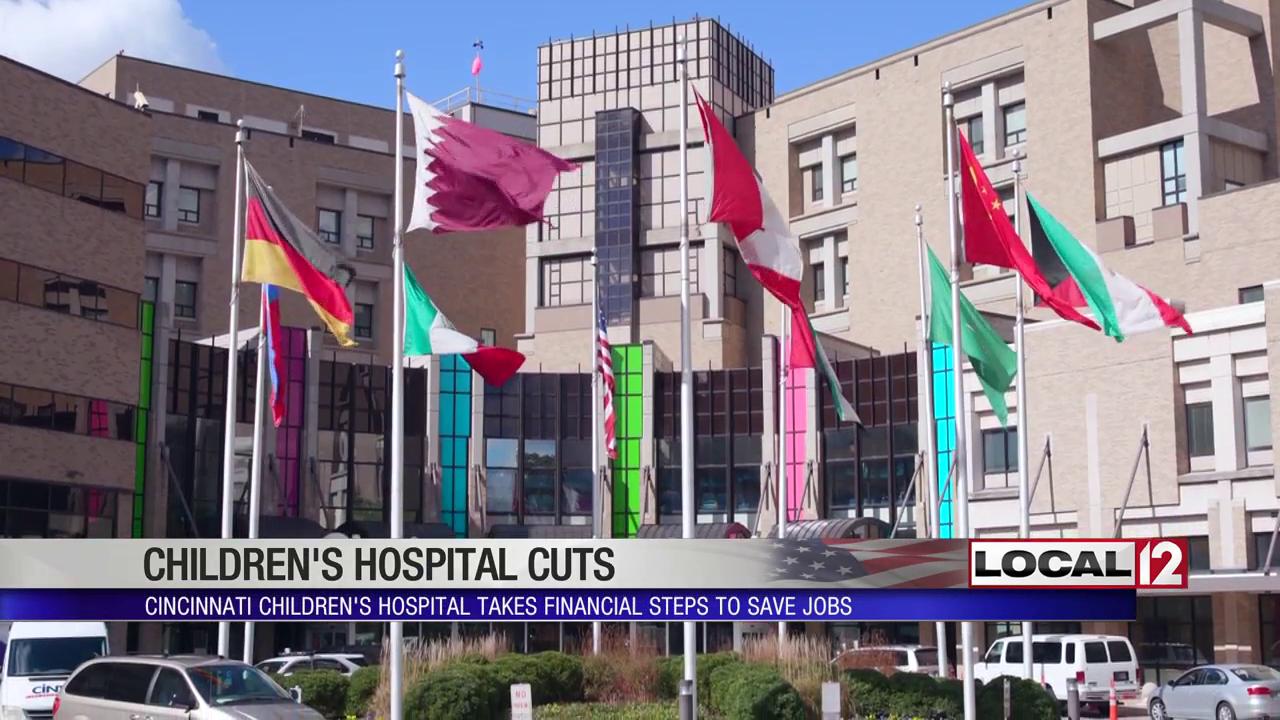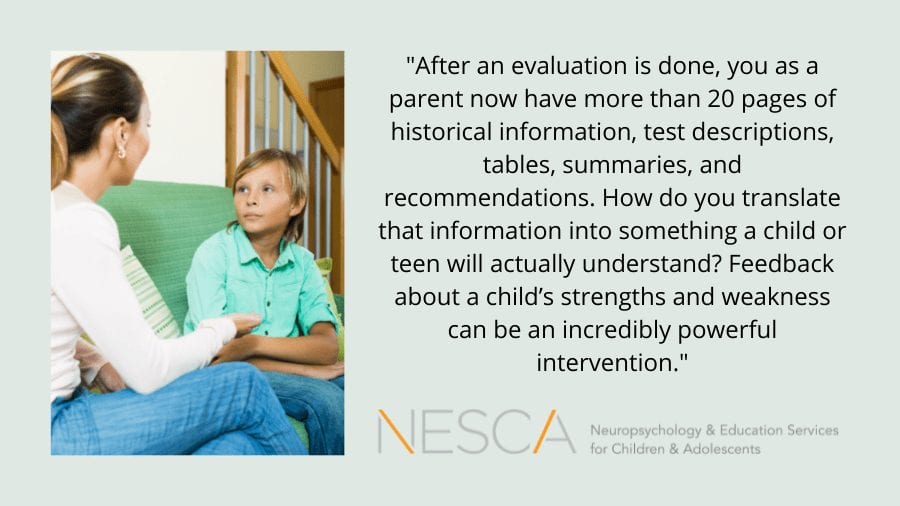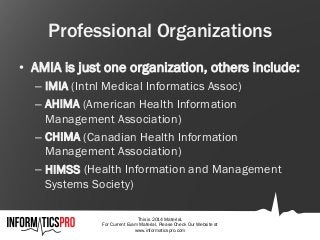
These are the things you should keep in mind when thinking about a career of pediatric home care nursing. These are some of the many benefits you will enjoy and the regulations that govern this field. Learn more about this rewarding job. You'll be glad you did! Read on to learn more about how it works and the benefits it provides. You'll soon be able to find a rewarding career as a pediatric home nurse after reading this article. Make sure to visit the Work environment section.
Benefits of pediatric in-home health nursing
Institutional care can be expensive but pediatric home nursing costs are much lower. Children who require nursing care in the comfort of their home benefit from the flexibility and individualized attention pediatric home health nurses provide. Pediatric private duty nursing is a valuable option for families who are dealing with illness. Pediatric home health nursing is a valuable service that cannot be ignored. Read on to learn more about the services provided by pediatric private duty nurses. Many benefits of pediatric home care nursing services are well-known.

Pediatric home care is a service that provides pediatric nurses with a variety services that make parents' lives more easy and convenient. Pediatric home care allows parents the freedom to set their own visitation times for their child. It allows the child to go to school and make friends. This helps reduce the stress level of children and decreases the need to visit the pediatrician often. Pediatric home care can also be a bridge between the child's pediatrician and him. Because pediatricians can't always be on site, the care provided by a home health nurse is often a necessary step in the healing process.
Regulations
State regulations for pediatric home health nursing services should align their payment and quality standards with other forms of skilled nursing care. Federal Medical Assistance Percentage rates may be used to increase payment. The state could also create stratification rates that are based on the patient's unique medical situation. This could encourage nurses and doctors to accept patients at high risk of long-term hospitalization. While it is not legal in certain states to pay family members for caregiving, it might be a way to increase the number needed home health nurses. In addition to expanding the workforce, providing compensation for family members who have been trained in nursing could reduce the financial burden on patients and their loved ones.
Although pediatric home care nursing is similar in many ways to adult care, it can have a very different quality and specific details. There are some differences between pediatric and adult home health care. Children's care requires training but adults must go through it. Also, not all regulations and quality indicators are uniform. This can lead to inconsistent care for the child.
Work environment
Staying informed about the latest developments and workplace trends is key to becoming a successful pediatric nurse. It is essential to stay on top of current workplace trends in this highly competitive field. Home health nurses are in high demand due to the growing need for pediatric care and the trend to keep children at home. Here are some tips to help pediatric home health nurses professionals improve their work environment.

You will be working with many different patients, which is one of the best aspects of your job. Dependent on your job, you might have to change your medication or plan of treatment to combat a cold. If the patient has breathing problems, you may need to modify their position. As a pediatric nurse you need to be familiar with how to treat different patients. A pediatric home health nurse might need to administer different medications to infants with pneumonia.
FAQ
What does "public", in the context of public health, mean?
Public Health refers to the preservation and enhancement of the health status of the community. Public Health is about preventing illness, injury, and disability; encouraging good health practices; ensuring adequate food; and controlling communicable disease, environmental hazards, behavioral risks, and other threats.
What are the health services?
Patients must know that they can obtain quality healthcare at any hour. We are here to help, no matter if you have an emergency or need a routine check-up.
There are many types of appointments available, including outpatient and emergency procedures, walk-ins, same day surgery, same-day surgeries, and emergency department visits. We offer home care visits to those who live far from our clinic. You don't have to come into our office if you are not comfortable. We'll make sure that you receive prompt care at your local hospital.
Our team includes doctors, nurses, pharmacists, dentists, as well as other professionals who are dedicated to providing exceptional patient service. We strive to make every visit as simple and painless for our patients.
What do you consider to be the most important public health issues of today?
Many people are affected by obesity, diabetes and heart disease. These conditions cause more deaths yearly than AIDS, car crashes, and murders combined. In addition, poor diet, lack of exercise, and smoking contribute to high blood pressure, stroke, asthma, arthritis, and other problems.
Who owns the healthcare system?
It all depends on your perspective. Public hospitals might be managed by the government. Private companies may run private hospitals. Or a combination.
Why do we need medical systems?
People in developing nations often do not have access to basic health care. Many people who live in these areas are affected by infectious diseases such as malaria and tuberculosis, which can lead to premature death.
The vast majority of people in developed nations have regular checkups. Minor illnesses are usually treated by their general practitioner. Yet, many people suffer from chronic diseases such as diabetes and heart disease.
How can I get free health insurance in my area?
If you're eligible, you could apply for free coverage. You might be eligible for Medicaid, Medicare, CHIP, Children's Health Insurance Program (CHIP), Tricare, VA benefits, Federal Employee Health Benefits (FEHB), military health plans, Indian Health Service (IHS) benefits, or some other program.
Statistics
- Over the first twenty-five years of this transformation, government contributions to healthcare expenditures have dropped from 36% to 15%, with the burden of managing this decrease falling largely on patients. (en.wikipedia.org)
- The healthcare sector is one of the largest and most complex in the U.S. economy, accounting for 18% of gross domestic product (GDP) in 2020.1 (investopedia.com)
- Consuming over 10 percent of [3] (en.wikipedia.org)
- For the most part, that's true—over 80 percent of patients are over the age of 65. (rasmussen.edu)
- About 14 percent of Americans have chronic kidney disease. (rasmussen.edu)
External Links
How To
What are the 4 Health Systems
Healthcare is a complex network that includes hospitals, clinics and pharmaceutical companies as well as insurance providers, government agencies, public officials and other organizations.
The ultimate goal of the project was to create an infographic that would help people to better understand the US health system.
Here are some key points.
-
The GDP accounts for 17% of healthcare spending, which amounts to $2 trillion annually. This is nearly twice the amount of the entire defense spending budget.
-
Medical inflation was 6.6% in 2015, higher than any other category of consumer.
-
On average, Americans spend 9% of their income on health costs.
-
Over 300 million Americans are uninsured as of 2014.
-
Although the Affordable Care act (ACA) was signed into law, its implementation is still not complete. There are still gaps in coverage.
-
A majority believe that the ACA must be improved.
-
The US spends the most money on healthcare in the world than any other country.
-
The total cost of healthcare would drop by $2.8 trillion annually if every American had affordable access.
-
Medicare, Medicaid and private insurers pay 56% of healthcare expenses.
-
The top 3 reasons why people don't get insured include not being able to afford it ($25 billion), not having enough time to look for insurance ($16.4 billion), and not knowing about it ($14.7 billion).
-
There are two types: HMO (health maintenance organisation) and PPO [preferred provider organization].
-
Private insurance covers most services, including doctors, dentists, prescriptions, physical therapy, etc.
-
Public programs provide hospitalization, inpatient surgery, nursing home care, long-term health care, and preventive services.
-
Medicare is a federal program providing senior citizens health coverage. It covers hospital stays, skilled nursing facility stays and home visits.
-
Medicaid is a state-federal joint program that provides financial help to low-income persons and families who make too many to qualify for any other benefits.